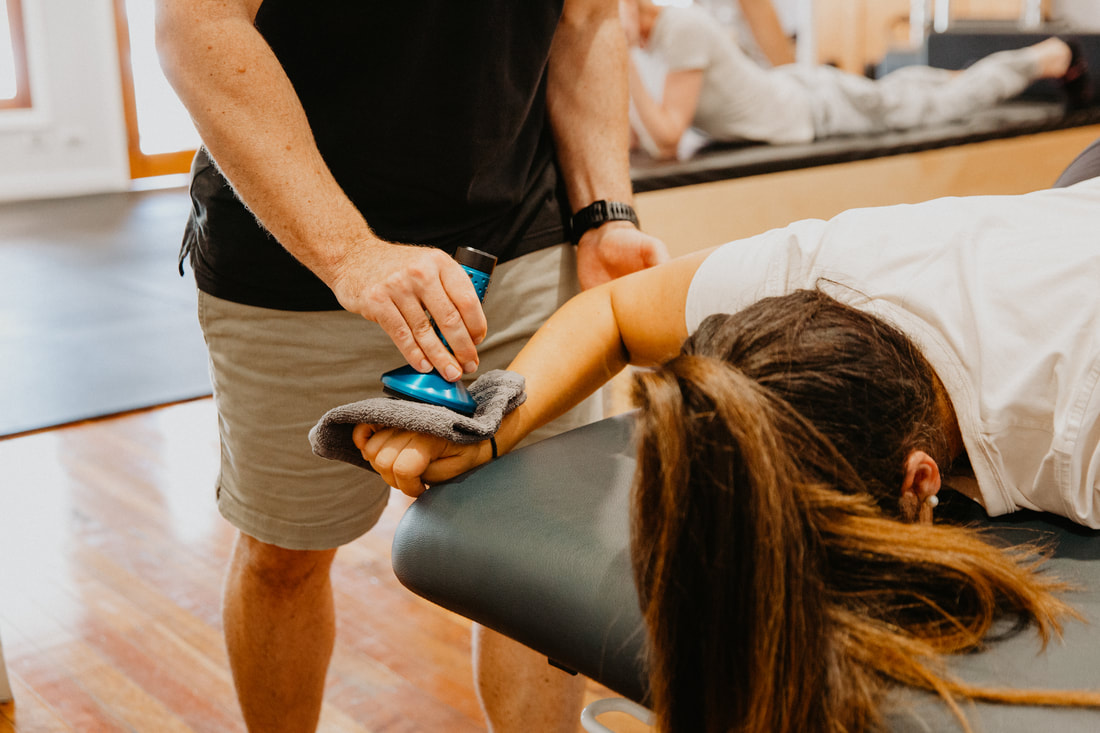Sports injury physiotherapy for strength athletes.
Strength Sports and the Role of a Specialised Physiotherapist
Strength sports, encompassing disciplines like powerlifting, bodybuilding, strongman competitions, and Olympic weightlifting, require athletes to train and compete in events that test their muscular strength and endurance. These sports involve lifting heavy weights in various forms, including deadlifts, squats, bench presses, and overhead lifts.
Key Aspects of Strength Sports:
The Importance of a Physiotherapist Specialised in Strength Sports:
What Are Common Injuries Among Strength Athletes?
Strength athletes are susceptible to specific injuries due to the heavy loads they handle:
How Can Strength Athletes Prevent These Injuries?
Injury prevention is crucial for strength athletes:
What Physiotherapy Treatments Are Effective for Strength Training Injuries?
Physiotherapy is vital in managing injuries sustained in strength training:
When Should a Strength Athlete Consult a Physiotherapist?
Professional advice is recommended in several scenarios:
How Can Physiotherapy Help in Long-Term Injury Prevention for Strength Athletes?
Long-term injury prevention is essential:
What Recovery Strategies Should Strength Athletes Employ?
Effective recovery strategies are crucial:
If you have been injured during strength training, there are many things that our Tarragindi physiotherapists can do to help get you back to being sport ready and active again so come in and speak to our friendly physiotherapists today! Feel free to give our Tarragindi Physiotherapy clinic a call on 07 3706 3407 or email [email protected]
Strength sports, encompassing disciplines like powerlifting, bodybuilding, strongman competitions, and Olympic weightlifting, require athletes to train and compete in events that test their muscular strength and endurance. These sports involve lifting heavy weights in various forms, including deadlifts, squats, bench presses, and overhead lifts.
Key Aspects of Strength Sports:
- Heavy Load Training: Athletes regularly train with heavy weights, placing significant stress on muscles, tendons, and joints.
- Repetitive Movements: Many strength exercises involve repetitive motions, which can lead to overuse injuries.
- Technique-Intensive: Proper lifting technique is crucial to performance and injury prevention.
The Importance of a Physiotherapist Specialised in Strength Sports:
- Injury Prevention and Rehabilitation: A physiotherapist with experience in strength sports can provide tailored injury prevention advice and rehabilitation strategies that are specific to the demands of these disciplines.
- Technique Optimization: Understanding the biomechanics of different lifts allows physiotherapists to assist athletes in refining their techniques, thereby enhancing performance and reducing the risk of injury.
- Recovery and Performance Enhancement: Specialized physiotherapists can guide athletes on recovery practices and conditioning work to support their training regimen and competitive performance.
What Are Common Injuries Among Strength Athletes?
Strength athletes are susceptible to specific injuries due to the heavy loads they handle:
- Muscle Strains: Particularly in the back, shoulders, and legs, from lifting heavy weights.
- Tendonitis: Common in elbows, knees, and shoulders due to repetitive strain.
- Joint Injuries: Including sprains and cartilage damage in knees, wrists, and ankles.
- Herniated Discs: Resulting from intense pressure on the spine during heavy lifting.
- Bicep Tendon Tears: Occurring during exercises like deadlifts or bicep curls.
How Can Strength Athletes Prevent These Injuries?
Injury prevention is crucial for strength athletes:
- Proper Warm-Up and Cool-Down: To prepare muscles and joints for intense activity and aid in recovery.
- Correct Lifting Technique: Ensuring proper form to minimize undue stress on muscles and joints.
- Progressive Overload: Gradually increasing weights to avoid overstraining the body.
- Adequate Rest and Recovery: Allowing time for muscles and tissues to heal between intense workouts.
- Balanced Training Regimen: Incorporating flexibility and mobility work alongside strength training.
What Physiotherapy Treatments Are Effective for Strength Training Injuries?
Physiotherapy is vital in managing injuries sustained in strength training:
- Manual Therapy: Including massage and joint mobilizations to alleviate pain and improve movement.
- Tailored Rehabilitation Exercises: Specific exercises to strengthen and rehabilitate injured areas.
- Pain Management Strategies: Utilizing modalities like ultrasound, ice, or heat therapy.
- Mobility Training: To enhance joint movement and reduce the risk of future injuries.
- Education on Safe Training Practices: Guidance on proper technique and load management.
When Should a Strength Athlete Consult a Physiotherapist?
Professional advice is recommended in several scenarios:
- Post-Injury: For a proper diagnosis and comprehensive treatment plan.
- Persistent Pain or Discomfort: Especially if it affects training or daily activities.
- For Technique Correction: To improve lifting form and reduce injury risk.
- Preventive Measures: To learn effective methods for minimizing injury risks.
How Can Physiotherapy Help in Long-Term Injury Prevention for Strength Athletes?
Long-term injury prevention is essential:
- Personalised Exercise Programs: Focused on the specific needs of strength athletes, considering their strength levels and goals.
- Regular Physical Assessments: To monitor progress and adjust training accordingly.
- Technique Analysis and Improvement: Continuous work on lifting techniques to prevent injuries.
- Nutritional and Lifestyle Counseling: To support overall health, muscle development, and recovery.
What Recovery Strategies Should Strength Athletes Employ?
Effective recovery strategies are crucial:
- Active Recovery: Engaging in light activities to promote circulation and muscle recovery.
- Nutrition and Hydration: Essential for muscle repair and energy replenishment.
- Adequate Sleep: Critical for physical and mental recovery.
- Stress Management: Utilising relaxation techniques to maintain overall well-being.
If you have been injured during strength training, there are many things that our Tarragindi physiotherapists can do to help get you back to being sport ready and active again so come in and speak to our friendly physiotherapists today! Feel free to give our Tarragindi Physiotherapy clinic a call on 07 3706 3407 or email [email protected]
Who to book in with:
Mauricio Bara
|
Zoe Harden
|
Emma Cameron
|



